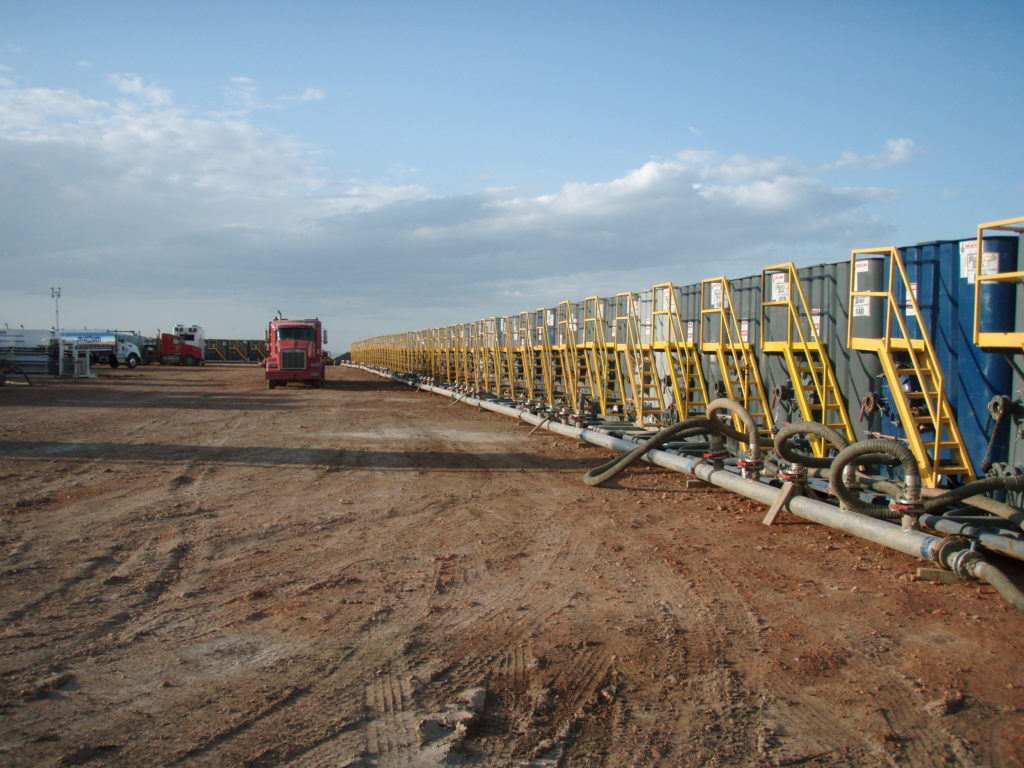
In June 2014 the General Assembly passed and Gov. Pat McCrory signed the Energy Modernization Act. The new law solidifies North Carolina’s entry into shale gas and oil exploration, a field that has in recent years become a significant contributor to the national economy.
Among other things, the Act extends the rulemaking deadline for gas and oil exploration till January 1, 2015 (formerly it was October 1, 2014) and expedites the rulemaking process for the management of oil and gas. It also authorizes the issuance of permits for oil and gas exploration, development, and production 60 days after the rules become effective. It creates an Oil and Gas Commission and blocks local prohibitions on oil and gas exploration, development, and production. It also reiterates a prohibition against injecting related wastes into the subsurface or groundwater via wells.
Along with hopes for new jobs, a new domestic industry, and a stronger economy, the prospect of hydraulic fracturing (“fracking”) in North Carolina has raised several concerns. Some of these are legitimate questions informed by a responsible skepticism. Others are fears fanned by activists and environmentalist pressure groups. The latter include highly questionable advertisements by an environmentalist “dark-money group” calling itself the “North Carolina Environmental Partnership” (NCEP) and comprising several organizations.
This research paper seeks to address questions and concerns about hydraulic fracturing and shale gas and oil exploration in North Carolina.
Facts on Fracking: Addressing concerns over hydraulic fracturing coming to North Carolina




